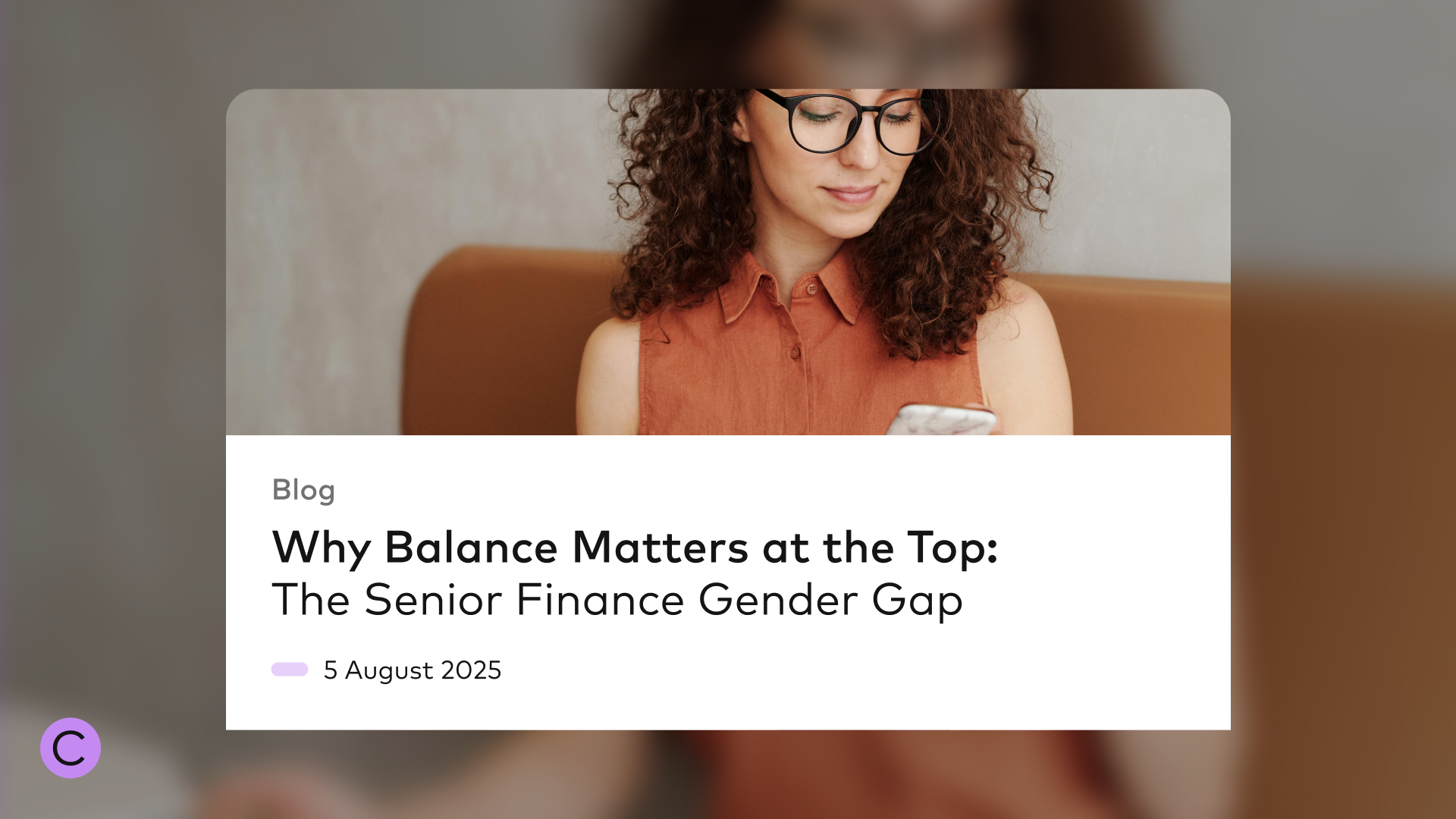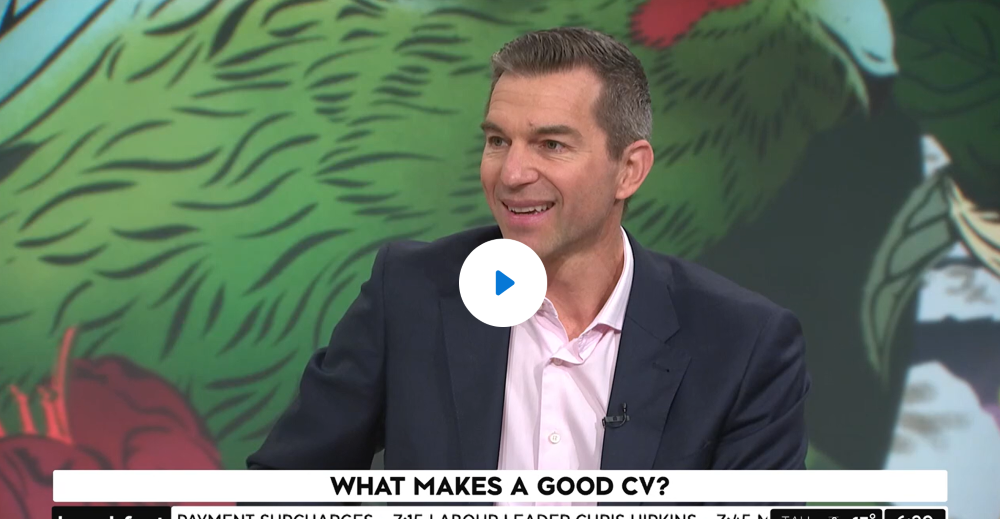August 22, 2022
Challenging Traditional Recruitment for Greater Diversity
by
Tony Pownall
Society, and workplaces as a reflection, are slowly evolving to embrace diversity of all types, providing a much safer place for everyone to show up as themselves.
Many of our schools and workplaces still do not appreciate or harness diversity of thought, despite the fact it’s estimated 40% of the population are neurodiverse, with 20% diagnosed and 20% undiagnosed.

Several of us at Cultivate have close friends and whānau who are Neurodiverse. This has opened our eyes to the many superpowers that those who think differently can offer. But equally, we can better appreciate the challenges that living in a world created for the neurotypical can bring. Many of our schools and workplaces still do not appreciate or harness diversity of thought, despite the fact it’s estimated 40% of the population are neurodiverse, with 20% diagnosed and 20% undiagnosed. This includes Autistic, ADHD, OCD, ODD, Aspergers, Depressed or Anxious brains and other conditions.
Society, and workplaces as a reflection, are slowly evolving to embrace diversity of all types, providing a much safer place for everyone to show up as themselves. But, NZ organisations lag the UK and other countries in tackling neurodiversity specifically, despite international research clearly showing the correlation between neurodiversity and improvements in overall culture, engagement, innovation and financial success. Thankfully though, organisations that we have spoken with are very open to learning more.
The elephant in the room when it comes to increasing diversity of thought is the role of recruitment. It’s one thing to embrace diversity of any type for existing staff but are your current hiring practices keeping diversity at the door by alienating or rejecting great talent because your process only suits the neurotypical?
Here at Cultivate we’ve embarked on our own journey to understand and better embrace diversity in recruitment. It’s tough. Old habits are hard to break and every brain is different, so we can’t create a single solution, master it quickly, or get it right every time. But we’re committed to persevering. The good news is whatever is good for the neurodiverse is also good for the neurotypical. So do better for the neurodiverse and everyone wins.
We were encouraged to read that the NZ Police Financial Crime Group recently partnered with Autism NZ to purposely target Autistic talent to join their team as analysts. This and other examples show we’re thankfully not alone.
For us, this cause is more than a competitive advantage and the benefits are far reaching. So we wanted to share our experiences to date in the hope others will join us.
Firstly, we all have to let go of many of the universal and flawed criteria we often fall back on when hiring. Take “good communication” as an example, whatever that is anyway. A firm handshake, eye contact and confident delivery are not universal signs of a great candidate. In fact some of the brightest and more influential people on the planet would have failed this test.
But what else can we do? Well, here’s a few things we’ve done so far, with guidance from the good people at DivergenThinking:
1. Education:
We started with a full day workshop, which included some prep to get a head start on understanding the topic generally. The morning focused on understanding ourselves. After all, it’s harder to understand and appreciate others if we don’t know ourselves. This concluded with us each determining our dominant brain quadrants and how the way our own brain works can impact how we go about our roles, and how we land on others. It also gave us the shared language and model to tie our approach to.
After lunch we deconstructed our typical recruitment process, looked for where we were making it hardest for some people to shine, and how we might adapt. The next points highlight what we learnt and continue to trial.
2. Be clear on the behaviours you need for a role:
If we’re really tight on the key behaviours required for success we can avoid those general and irrelevant ‘requirements’. We can then challenge hiring managers accordingly and also consider the sort of brain wiring that might best fit the role. For example, why would you require a ‘strong team player’ for an analytical role when the work is almost entirely autonomous?
3. Advert writing:
It’s common for job ads to be written through the lens of the author. That is, we subconsciously promote the tasks or benefits that interest us rather than considering what’s important for the ideal audience. It’s becoming more widely understood that ads can be tweaked to appeal to different genders, but we can do the same for the Neurodiverse. For example: If the role would suit the superpowers of the Autistic then writing that “you’ll pride yourself on getting to the bottom of every issue” is a big put off. Why, because Autistic people rightly know that you can’t realistically solve everything. Conversely, we could encourage those with ADHD to apply to our high paced, creative or problem solving roles.
4. Share your goals publicly:
This is the most important aspect, provided you’re authentic in your intentions. We added a sentence to every job ad, application response email and interview confirmation email that acknowledged the importance of a physiologically safe process for everyone, including the Neurodiverse. We encouraged them to share how we can bring out the best of them, so we can understand and advocate their ‘strengths’ and avoid getting bogged down with any potential ‘weaknesses’. This felt scary at first, until we realised we don’t need to have the answers, as candidates will likely tell us what works (or doesn’t) for them.
5. The interview:
Frequently this is the most daunting part of the process for neurodiverse applicants. Regrettably, a great deal of energy and anxiety can go into masking traits that might typically be seen as distracting or off-putting. The worry here is that we expect recruiters to become bush psychologists, diagnosing and adapting on the fly. Instead, we’ve focused so far on two areas.
A). Agreeing in advance with the candidate how we can make them most comfortable in the interview. Utilising online or pre-recorded interview tools are useful here. We might also agree to send the questions in advance for those that are highly reflective.
B). We’re also aware that some common questions can be more unhelpful than others. For example: A question like “tell me about your background” is too vague to be helpful for ADHD brains and we should be more specific with what we want to know. A better question would be “Talk me through the duties and achievements of your last 3 roles”.
6. Other assessments:
Like with interviewing, we just need to determine whether the assessment we’re using fits with the capability and behaviours critical for the role. Role simulations, case studies or psychometric assessments are great, assuming they’re used in the right way, at the right time. Recently a hiring manager asked our preferred candidate for a senior accounting role to complete a ‘job simulation’. This required them to respond back to a question relating to improving business performance via email within 20 mins. We get the sentiment, but the question was vague, and the tight turnaround at odds with the actual requirements of the role.
7. Onboarding:
We need to agree what a safe and productive onboarding and work environment looks like for the individual brain wiring before they start. Things like quiet spaces in the office, work from home options, desk setup, agreed expectations around communication and outcomes, or even just the best way to welcome them with the team. This is good practice for any new hire, it just becomes more critical for the Neurodiverse.
We’re still learning, so if you have feedback on our journey so far or ideas for how else we can help, reach out here.
Of course, if you identify as neurodiverse and want to discuss how we can better support your job search contact us here.
For more information on Neurodiversity in the workplace, check out our partners at www.divergenthinking.co.nz. They support organisations and individuals on the journey to building a neurodiverse, equitable & inclusive workplace.




